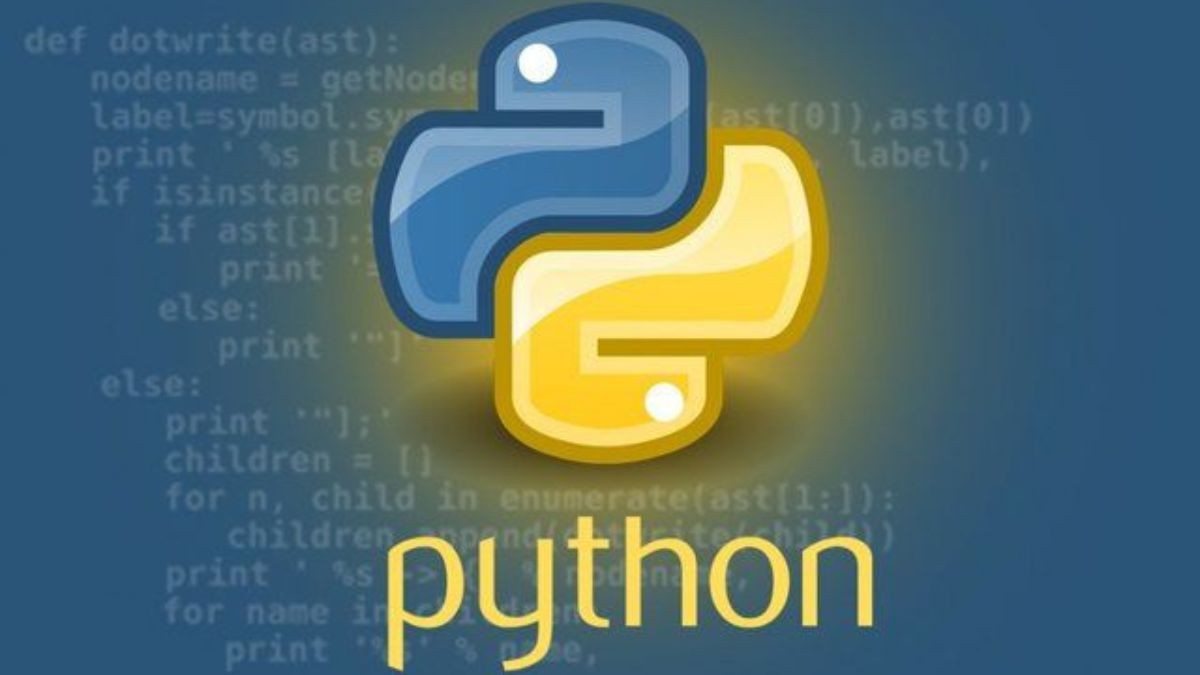magic functions
class tt:
text:str
def __init__(self,value):
self.text = value
def __str__(self):#print(obj)
return self.text
def __repr__(self):#print(obj) return obj.text
return self.text
def __add__(self, other):#obj+other return obj.text+other.text
return self.text+other.text
def __len__(self):#len(obj) return len(obj.text)
return len(self.text)
def __getattr__(self, item):#obj.item return item
return item
def __getitem__(self, item):#obj[item] return item
return item
def __call__(self, *args, **kwargs):#obj() return obj.text
return self.text
def __eq__(self, other):#obj==other return obj.text==other.text
return self.text==other.text
def __ne__(self, other):#obj!=other return obj.text!=other.text
return self.text!=other.text
def __iter__(self):#for i in obj: return obj.text
return iter(self.text)class A:
def __getitem__(self, item):
if(isinstance(item, slice)):
print(item.start)
print(item.stop)
print(item.step)
a = A()
a[1:3:4]generic class
from typing import TypeVar, Generic
T = TypeVar('T',int , float,complex,decimal.Decimal)
class Stack(Generic[T]):
def __init__(self) -> None:
# Create an empty list with items of type T
self.items: list[T] = []
def push(self, item: T) -> None:
self.items.append(item)
def pop(self) -> T:
return self.items.pop()
def empty(self) -> bool:
return not self.itemspredefined static properties
- __dict__ − Dictionary containing the class’s namespace.
- __doc__ − Class documentation string or none, if undefined.
- __name__ − Class name.
- __module__ − Module name in which the class is defined. This attribute is “__main__” in interactive mode.
- __bases__ − A possibly empty tuple containing the base classes, in the order of their occurrence in the base class list.
class Employee:
def __init__(self, name="Bhavana", age=24):
self.name = name
self.age = age
def displayEmployee(self):
print ("Name : ", self.name, ", age: ", self.age)
print ("Employee.__doc__:", Employee.__doc__)
print ("Employee.__name__:", Employee.__name__)
print ("Employee.__module__:", Employee.__module__)
print ("Employee.__bases__:", Employee.__bases__)
print ("Employee.__dict__:", Employee.__dict__ )abstraction
from abc import ABC, abstractmethod
class demo(ABC):
@abstractmethod
def method1(self):
print ("abstract method")
return
def method2(self):
print ("concrete method")access modifier
class Employee:
def __init__(self, name, age, salary):
self.name = name # public variable
self.__age = age # private variable
self._salary = salary # protected variable
def displayEmployee(self):
print ("Name : ", self.name, ", age: ", self.__age, ", salary: ", self._salary)
e1=Employee("Bhavana", 24, 10000)
print (e1.name)
print (e1._salary)
print (e1.__age)enum
from enum import Enum
class subjects(Enum):
ENGLISH = "E"
MATHS = "M"
GEOGRAPHY = "G"
SANSKRIT = "S"
obj = subjects.SANSKRIT
print (type(obj), obj.name, obj.value)#<enum 'subjects'> SANSKRIT S
from enum import Enum, unique
@unique
class subjects(Enum):
ENGLISH = 1
MATHS = 2
GEOGRAPHY = 3
SANSKRIT = 2#error value duplicatedreflections
class test:
pass
obj = test()
print (type(obj))#<class '__main__.test'>
print (isinstance(10, int))#true
print (isinstance(2.56, float))#true
print (isinstance(2+3j, complex))#true
print (isinstance("Hello World", str))#true
def test():
pass
print (callable("Hello"))
print (callable(abs))#true
print (callable(list.clear([1,2])))
print (callable(test))#true
class test:
def __init__(self):
self.name = "Manav"
obj = test()
print (getattr(obj, "name"))
class test:
def __init__(self):
self.name = "Manav"
obj = test()
setattr(obj, "age", 20)
setattr(obj, "name", "Madhav")
print (obj.name, obj.age)
class test:
def __init__(self):
self.name = "Manav"
obj = test()
print (hasattr(obj, "age"))
print (hasattr(obj, "name"))
dir(object) # get list of attributes belong to the objectstatic methods
class A:
value: int=14 #static variable you can access it by A.value
@staticmethod
def bar():#static method
print("bar")other way to call method
class A:
def __init__(self, x, y):
self.x = x
self.y = y
def mm(self):
return self.x, self.y
fun=A.mm(A(1,2))
print(fun) # (1, 2)setter and getter
# employee.py
from datetime import date
class Employee:
def __init__(self, name, birth_date, start_date):
self.name = name
self.birth_date = birth_date
self.start_date = start_date
@property
def name(self):
return self._name
@name.setter
def name(self, value):
self._name = value.upper()
@property
def birth_date(self):
return self._birth_date
@birth_date.setter
def birth_date(self, value):
self._birth_date = date.fromisoformat(value)
@property
def start_date(self):
return self._start_date
@start_date.setter
def start_date(self, value):
self._start_date = date.fromisoformat(value)
